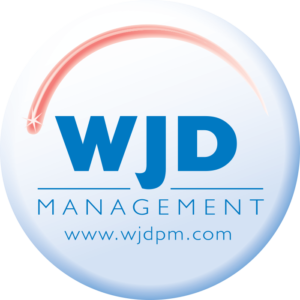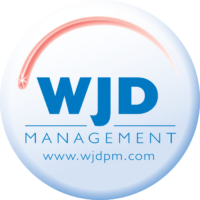Spotting Landlord Liability Issues to Address Now
Landlords have a hefty plate of responsibilities, from ensuring their property is up to snuff to navigating the murky waters of tenant relations. But there’s one area that can’t be overlooked: how to identify landlord liability issues that should be addressed immediately. Navigating the legal labyrinth isn’t merely about mending minor damages; it involves recognizing potential legal pitfalls and adeptly avoiding them.
In this read, you’ll dive into the essentials: understanding your liabilities as a landlord, legal obligations tied to property rental, and prioritizing safety and maintenance. Moreover, we’ll explore the various insurance plans that act as your financial safeguard against unforeseen tempests. Brace yourself for handy advice on nurturing good rapport with renters and adeptly overseeing contract commitments.
So let’s cut through the noise and get down to business. After all, being forewarned is being forearmed.
Table of Contents:
- Understanding Landlord Liability and Responsibilities
- Legal Obligations in Property Rental
- Prioritizing Safety and Maintenance
- Insurance as a Liability Shield
- Tenant Relations and Lease Management
- Breach of Habitability Concerns
- Criminal Activity Prevention Measures
- Conclusion
Understanding Landlord Liability and Responsibilities
Having a rental home isn’t merely about receiving payments; it involves deeply grasping the extent of what you’re accountable for as the property owner. At the heart of these duties lies landlord liability, an area that can seem like navigating through a minefield if you’re not well-informed.
Key Aspects of Landlord Liability
Let’s cut to the chase: What makes you, as a property owner, liable? The moment your tenant or their guest trips over an unseen hazard in the common area or suffers from carbon monoxide poisoning due to neglected maintenance, you’re on the hook. Yes, accidents happen but when they do because you failed to maintain safe housing conditions or ignored necessary repairs, then “landlord liable” becomes more than just buzzwords—it becomes your reality.
This is where landlords responsible for providing safe environments need to step up their game. Regular inspections and prompt corrective actions are non-negotiables. Ignoring them could lead directly to personal injury lawsuits that leave landlords held liable for medical bills—or worse.
The Scope of a Landlord’s Responsibilities
Maintaining tax records meticulously might seem unrelated at first glance but think again. It proves financial responsibility and adherence to local laws—key components in establishing credibility should legal issues arise regarding tenant injuries or claims against homeowners insurance policies designed for such eventualities.
To avoid falling into pitfalls related to landlord’s liability concerns such as criminal activity within rented properties or disputes over security deposits, staying informed and proactive is key. A simple start? Educate yourself on tenants’ rights and safety regulations.
Legal Obligations in Property Rental
Stepping into the world of rental property ownership is like becoming a superhero. You have powers (your property), responsibilities (to your tenants), and, most importantly, you must adhere to the law. Just as superheroes abide by their moral codes, landlords are bound by legal obligations that ensure fairness and safety for all.
At the heart of these obligations are anti-discrimination laws. Imagine living in a world where superheroes only saved people based on race, gender, or religion; chaos would ensue. Similarly, landlords cannot discriminate against potential tenants based on these factors either. The foundation of fair housing is built upon this principle ensuring every tenant gets an equal shot at calling your place “home”.
Being upfront with required disclosures is key to fostering an open and honest relationship with your renters. In real estate terms, failing to inform tenants about potential hazards or existing conditions could not only break trust but result in significant liabilities down the road.
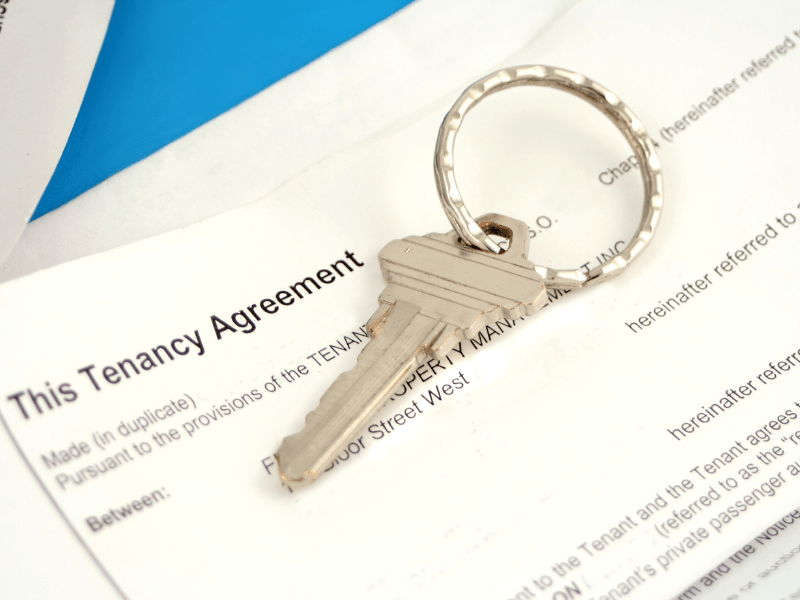
Prioritizing Safety and Maintenance
Immediate Safety Concerns
Making your rental property safe is like being a superhero for your tenants – you’re there to prevent injury and protect them from dangerous conditions. Think of it as your mission. Urgent safety issues, such as exposed wiring or a broken staircase, need quick resolution. Why? Because accidents happen, and landlords are expected to keep their properties in tip-top shape to avoid these mishaps.
Negligence isn’t just a fancy word; it’s what can make you liable if someone gets hurt on your property due to an unaddressed issue. Let’s be real: no one wants the headache of medical bills or personal injury lawsuits because they overlooked something fixable.
Ongoing Maintenance Strategies
To ensure you provide a safe living space consistently, regular inspections are key. These aren’t just cursory glances but thorough checks that could reveal potential hazards before they escalate into bigger problems.
Beyond fixing things up when they break down, consider adding features that enhance safety – think smoke detectors in every room or secure locks on all doors and windows. Keeping your property in top shape not only wards off accidents but also safeguards you against legal liabilities if things take a sour turn.
Insurance as a Liability Shield
First off, let’s talk about landlord insurance. Having landlord insurance isn’t merely a choice—it’s essential for those involved in leasing out individual residences. Landlord insurance goes beyond what homeowners insurance covers, providing liability coverage that protects you if someone gets hurt on your property or if there are damages caused by unforeseen events.
Liability coverage is another MVP in your defense strategy. Imagine this: A tenant trips over a loose floorboard and decides to sue for medical bills. Or perhaps there’s accidental damage to neighboring properties due to something like a fire at your rental unit. In these instances, having robust liability coverage means you’re not left tackling these costs alone.
Grasping the nuances of your insurance policy is a crucial strategy to ensure you’re completely shielded from unforeseen expenses. Not all policies provide the same level of protection against all types of incidents, so getting acquainted with yours could mean avoiding unexpected fumbles down the road.
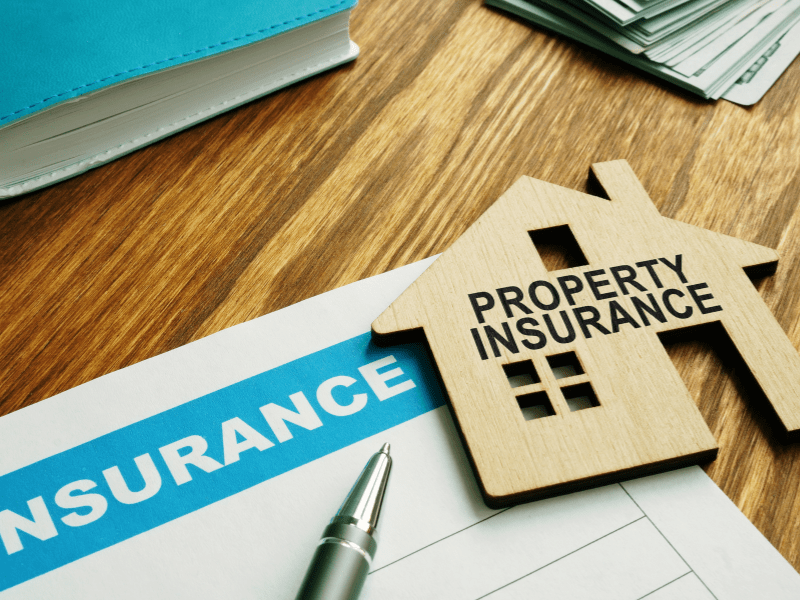
Tenant Relations and Lease Management
Navigating Security Deposits
When it comes to security deposits, think of them as a trust fall with your tenants – you’re both in this together. Proper handling starts the moment you collect that check. Be crystal clear about what can cause deductions from the deposit at move-out time. This isn’t just good practice; it’s building trust.
And here’s something not everyone will tell you: document everything. Before a tenant moves in, walk through the rental unit together and note any existing damages with photos or videos. This baseline is gold when assessing any changes once they leave.
If disputes do arise, remember fairness wins every time. Deductions should only cover beyond normal wear and tear or unpaid rent—nothing more, nothing less.
Cultivating Positive Tenant Relationships
A positive landlord-tenant relationship is like having a well-oiled machine; it keeps everything running smoothly. It begins with communication – be approachable but professional, always willing to listen and respond promptly to concerns regarding their living space or common areas.
Your pet policy might seem small potatoes but consider this: for many tenants, pets are family members too. Crafting a balanced pet policy can greatly enhance the sense of well-being among your residents. Keep an open line for feedback on how things are going around the property; sometimes those living there see things before you do.
Breach of Habitability Concerns
Landlords must grasp the delicate balance between tolerable annoyances and dangerous situations that undermine living standards, ensuring accommodations remain secure. Negligence plays a significant role in this arena; failing to address these issues promptly can not only lead to hefty liabilities but also tarnish your reputation as a property owner.
First off, let’s talk about what constitutes unsafe conditions. These aren’t just peeling paint or a squeaky door hinge. We’re diving deep into scenarios like faulty wiring, mold growth, or anything that threatens the physical health and safety of tenants. Far from inciting fear, this is about taking steps ahead of time to prevent your rental space from becoming the focal point in a legal battle over personal injuries.
Landlords are unequivocally mandated by law to keep their properties in top shape, averting any violations that might endanger tenants. Yet every year, countless landlords find themselves caught off guard when they fail to take reasonable steps toward upkeep. Regular inspections are more than just checking boxes; they’re about catching potential hazards before they escalate into full-blown disasters.
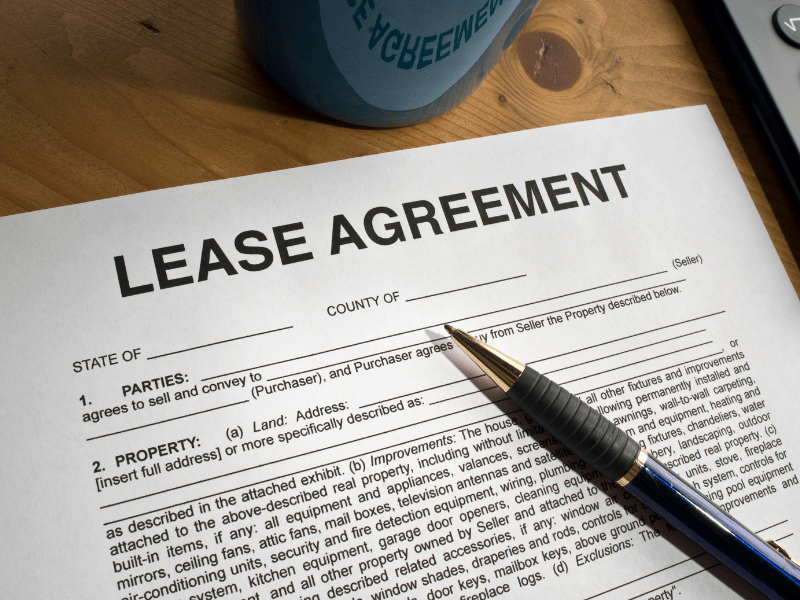
Criminal Activity Prevention Measures
When it comes to owning rental properties, ensuring your tenants engage in legal activities isn’t just about keeping the peace; it’s a necessity to avoid fines or penalties. Property owners risk facing serious repercussions if their renters are implicated in any unlawful conduct or misconduct within the property. Taking proactive steps is not just wise—it’s essential.
Initiating a deep dive into prospective renters’ histories, through meticulous vetting, is your first line of defense against potential predicaments. Delving deeper than mere credit evaluations and references, this approach scrutinizes the historical actions and inclinations of prospective tenants to unearth any warning signs that may hint at forthcoming complications. It’s like being Sherlock Holmes but for lease applications.
Crafting the lease, it’s essential to explicitly outlaw misconduct and illicit deeds, embedding these prohibitions within the contract’s framework. Make sure you’re as specific as possible—vagueness won’t do you any favors here. For instance, explicitly state that drug manufacturing on the property will lead to immediate eviction and legal action.
Maintaining open lines of communication with neighbors can also serve as an early warning system for spotting trouble before it escalates. Neighbors aren’t just there to borrow sugar—they can be invaluable allies in keeping your property safe from criminal elements.
Conclusion
So, you’ve navigated through the complexities of being a property owner. You now understand how to identify landlord liability issues that should be addressed immediately. Ensuring your rental remains secure and legally compliant is paramount.
Tackling safety concerns head-on is crucial. Making sure your property doesn’t just look good but is structurally sound keeps everyone safe and lawsuits at bay.
Insurance isn’t just paperwork; it’s peace of mind. With the right coverage, you protect not only your assets but also those who call your place home.
Maintaining positive vibes with tenants goes a long way. When your tenants are content, it translates into a smoother operation and enhanced steadiness for your enterprise.
Last but not least, always stay informed about local laws and regulations to keep yourself out of trouble.
Embarking on this path may feel overwhelming, yet it’s crucial to bear in mind that knowledge is your strongest ally in safeguarding both yourself and your investment against potential hazards. Being well-informed about the rules and understanding how they shield you and your assets can truly turn the tide in your favor.
